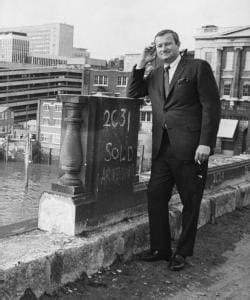A Quote by Norman Finkelstein
International law says people fighting for self-determination can use force in order to achieve their independence.
Related Quotes
The idea of self-determination was gradually given credibility by international law, and it lent strong emancipatory support to movements of liberation struggling against a West-centric world order. Latin American countries used international law creatively, both to limit the protection of foreign investment by establishing the primacy of national sovereignty in relation to natural resources, and by building support for the norm on non-intervention in internal affairs.
Human rights and international criminal law both illustrate the contradictory potential of international law. On one level, the imposition of human rights norms is a restraint on interventionary diplomacy, especially if coupled with respect for the legal norm of self-determination. But on another level, the protection of human rights creates a pretext for intervention as given approval by the UN Security Council in the form of the R2P (responsibility to protect) norm, as used in the 2011 Libyan intervention. The same applies with international criminal accountability.
There is no question that Darren Wilson caused the death of Michael Brown by shooting him, but the inquiry does not end there. The law authorizes a law enforcement officer to use deadly force in certain situations. The law allows all people to use deadly force to defend themselves in certain situations.
The libertarian approach is a very symmetrical one: the non-aggression principle does not rule out force, but only the initiation of force. In other words, you are permitted to use force only in response to some else's use of force. If they do not use force you may not use force yourself. There is a symmetry here: force for force, but no force if no force was used.
The government should help and guide the weak and small racial groups within its national boundaries toward self-determination and self-government. It should offer resistance to foreign aggression, and simultaneously, it should revise foreign treaties in order to restore our equality and independence among the nations.































